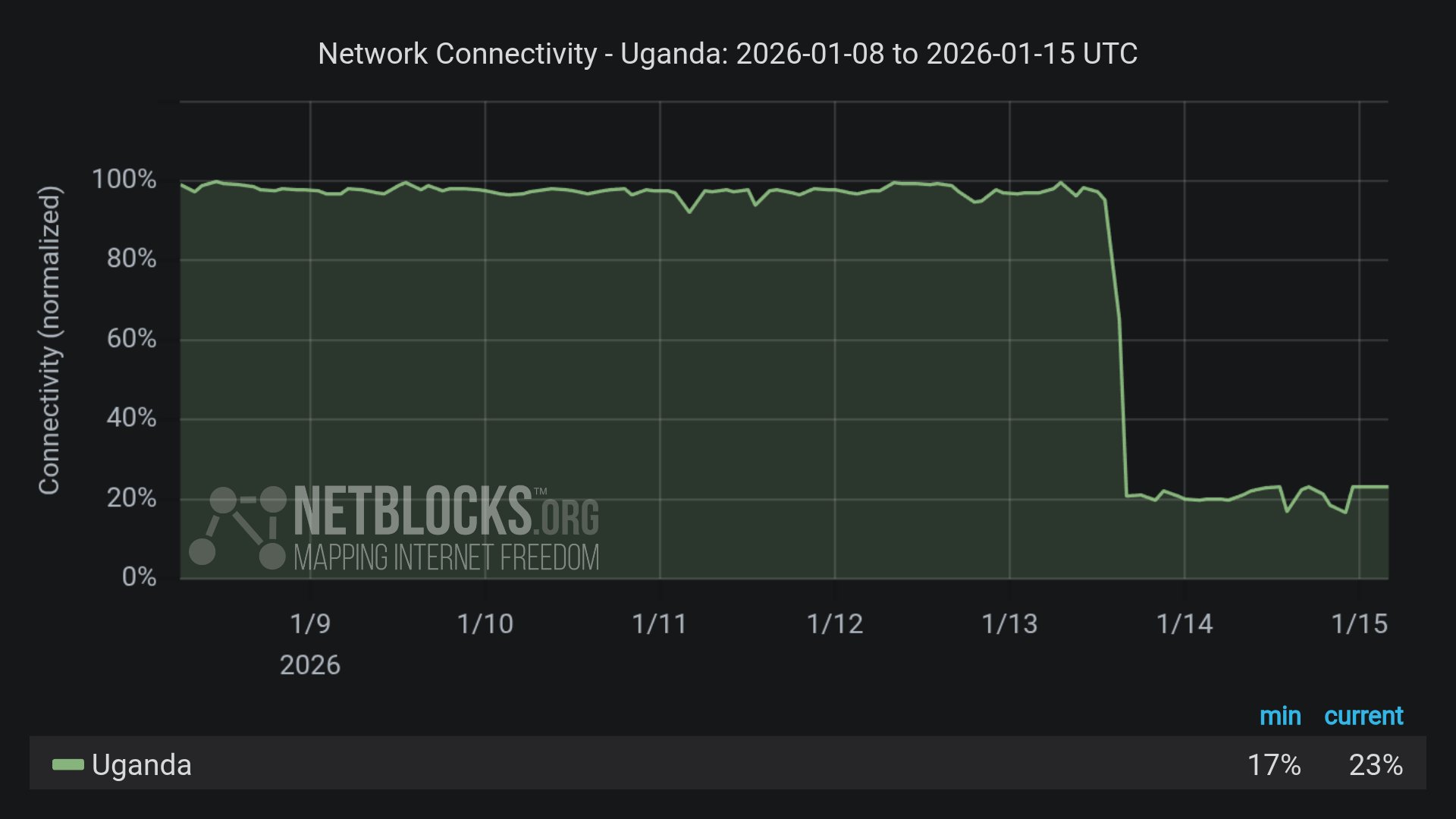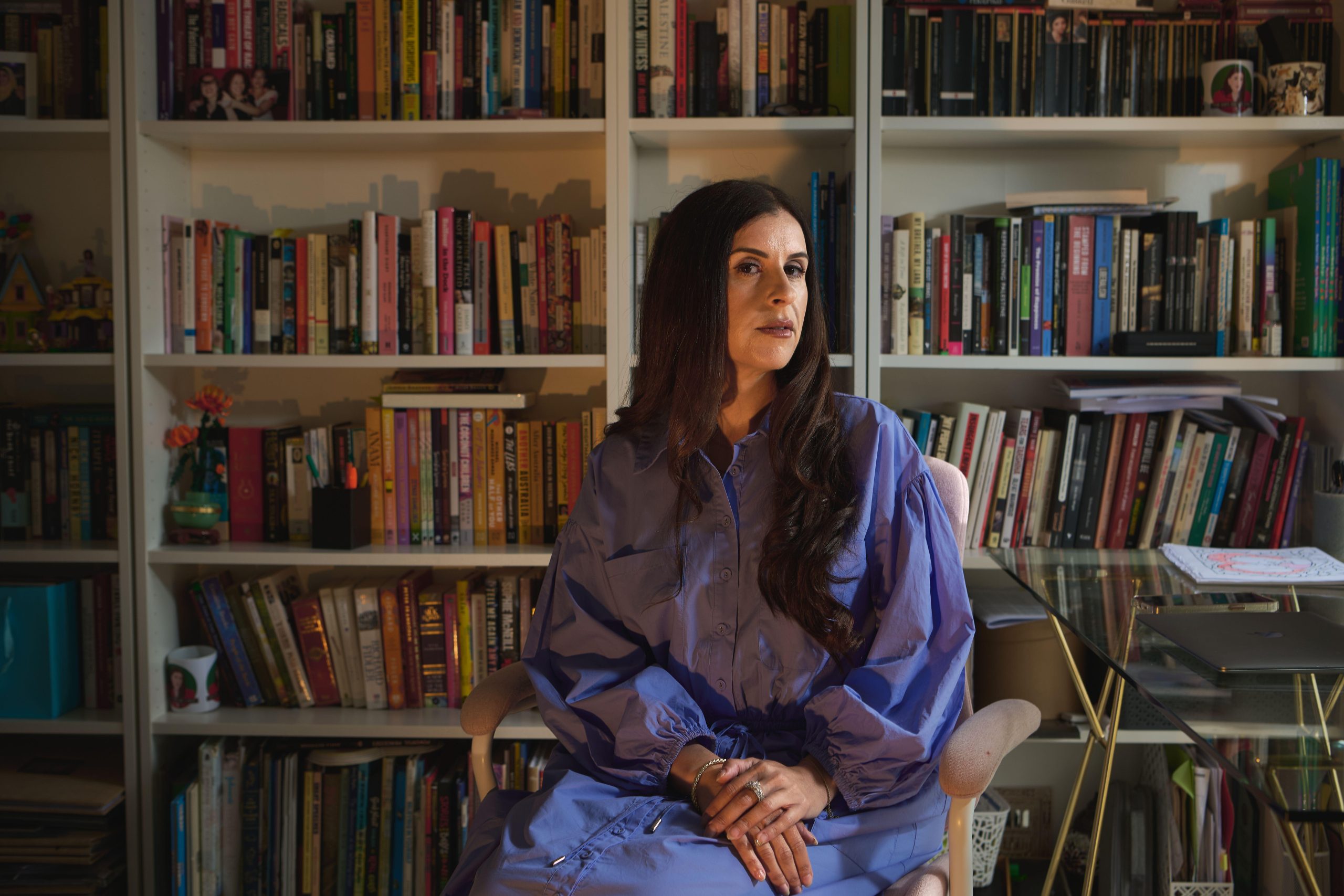
Nabeel Rajab, BCHR - winner of Bindmans Award for Advocacy at the Index Freedom of Expression Awards 2012
OPINION
This week Bahrain continued its game of cat and mouse with human rights defender Nabeel Rajab, releasing him once more on Wednesday after re-arresting him on 6 June. The outspoken activist and president of Bahrain Center for Human Rights (BCHR) has been arrested, released, and arrested again — all in the past two months. Although Rajab is now free, he still faces four charges, two of them for posts he made on the social networking site Twitter, and two others related to organising protests. Charges were brought against the activist for allegedly insulting and publicly defaming the Sunni citizens of the village of Muharraq on Twitter, as well as insulting an authority on the popular social networking site. According to his lawyer, Rajab will stand trial on 9 July.
Rajab’s fearlessness in speaking out against the regime’s human rights abuses mean that the Index on Censorship Award winning activist could very well land in prison again. Still, it is promising that Rajab’s release came after the government announced that it would finally begin compensating families of the 35 individuals killed during a brutal crackdown on the country’s anti-government protests that began on 14 February last year. Shortly after the announcement, human rights activist Zainab Alkhawaja was injured after a tear gas canister was allegedly fired directly at her hit her in the thigh. Alkhawaja is the daughter of well-known dissident and founder of BCHR Abdulhadi Alkhawaja, who is currently serving a life sentence for participating in anti-government protests last year.
Last November Bahrain released the findings of its much vaunted Independent Commission for Inquiry (BICI) but the country’s sluggish progress in implementing the report’s recommendations calls into question the country’s commitment to genuine reform. Whenever Bahraini officials are confronted with evidence of human rights violations they respond with statements about reform and dialogue but little action is taken.
On Thursday, 27 United Nations member states released a joint statement calling on the Human Rights Council to push Bahrain to end human rights violations. Noticeably missing from the list of countries — which included Switzerland, Mexico, Denmark, and Norway — were close allies the United States and the United Kingdom, despite having made statements about helping the country commit to reform. Bahrain responded to the statement by saying that the information in the statement is “inaccurate” and that the countries that signed the statement did not understand the “reality” of the human rights situation in the country.
Sara Yasin is an Editorial Assistant at Index. She tweets from @missyasin





